8 Views· 08/12/23· Alternative Medicine
2% of vaccine reactions reported -Dr John Campbell
Dr Campbell continues to share research and data in order to help the public know the truth, that the mainstream media and big Pharma has kept buried and quietly away from the public. (credits: Dr John Campbell) link: https://www.youtube.com/watch?v=kGmOLkmfWIU
Therefore up to 98% not reported. A system beset by conflicts of interestMHRA approach to patient safety requires a radical overhaul encompassing legislative changes on reporting and, in a system beset by conflicts of interest, changes to how the MHRA is funded. A failure to act will only lead to more harm.CDC latest guidelineshttps://twitter.com/FDAHealthE....quity/status/1689313 warned Yellow Card system and vaccine damage payment scheme failing injury victimshttps://appgpandemic.org/news/....yellow-cardhttps://a July 2023The Pandemic Response and Recovery All-Party Parliamentary Group,failings of the Yellow Card systemProfessor Carl HeneghanProfessor of Evidence-Based Medicine at the University of Oxford, Director of the Centre for Evidence Based Medicine and an NHS General Practitioner working in urgent care.Under-reporting of adverse drug reactions to the Yellow Card system could be as high as 98%,https://yellowcard.mhra.gov.ukmeaning the ability to detect signals and assign causation is substantially hindered. In theory, the Medicines and Healthcare products Regulatory Agency (MHRA) relies on the early warning system provided by Yellow Card reports of suspected adverse drug reactions (ADRs),to signal possible harms from pharmaceuticals. In practice the system is woefully inadequate, much too complicated and is failing. If you consider that ADRs are a major cause of hospital admissions, 6.5%, then Yellow Card reports represent a valuable source of information,not only to protect public health but reduce the cost to the health system, which can only be a good thing. But the ability to detect signals and assign causation are hindered by substantial problems, not least under-reporting. In 2018 the MHRA “estimated that only 10% of serious reactions and between 2 and 4% of non-serious reactions are reported” MHRAReporting rates for covid vaccines are better due to higher public awareness, there appears to be no evidence base for this heightened awareness.Should the MHRA, our regulatory body, be primarily funded by fees derived from services to the pharmaceutical industry? We could improve the reporting system and the MHRA has published various strategies and proposals to do so but fine words butter no parsnips. The bottom line is that the MHRA has failed in its remit to keep patients safe. Peter ToddSolicitor acting for 43 who suffered blood clots as a result of AstraZeneca vaccination, VDPShttps://www.gov.uk/vaccine-damage-paymentis letting down those with injuries and families of those who died as a result of their injury, with some applications taking more than 18 months.“I have dealt with such cases for many years, including acting for 86 people who contracted narcolepsy due to the 2009 Pandemrix swine flu vaccine. I have noticed many parallels between that and the Covid vaccine, a hasty roll out of an under-tested emergency vaccine using new technology,and for which the government gave an indemnity against any civil claims. VDPSas of 20 June, of 6,183 applications for compensation, it has determined 2,101, 33% so far,and 139 applications have been waiting for more than 18 months, excessively long despite additional resources.Pandemic Response and Recovery APPG Co-Chair Esther McVey“What we heard has been extremely concerning. The entire system is failing patients, from start to finish. MHRA’s approach to patient safety, the inadequacy of the Yellow Card system …. are all compromised and that is severely compromising patient safety.“One serious concern is the knock on effect on people’s inclination to have vaccines generally. Many could be dissuaded from taking other vaccines, we have all seen the recent warnings of a measles outbreak in London due to low levels of vaccination. These vaccines seem to have a disproportionate adverse reaction rate, with injuries including strokes, blood clots, heart attacks, amputations and neurological conditions. So a reporting system that misses as many as 98 out of 100 adverse reactions, inevitably misses safety signals. Pandemic Response and Recovery APPG Co-Chair Graham Stringer MPI think the example of the time lag between AstraZeneca being suspended in Denmark, Norway and Iceland and being suspended here is a case in point. Why did the MHRA not act when its scientific review of UK reports of blood clots with lowered platelets concluded strong evidence of a link with AstraZeneca’s vaccine?

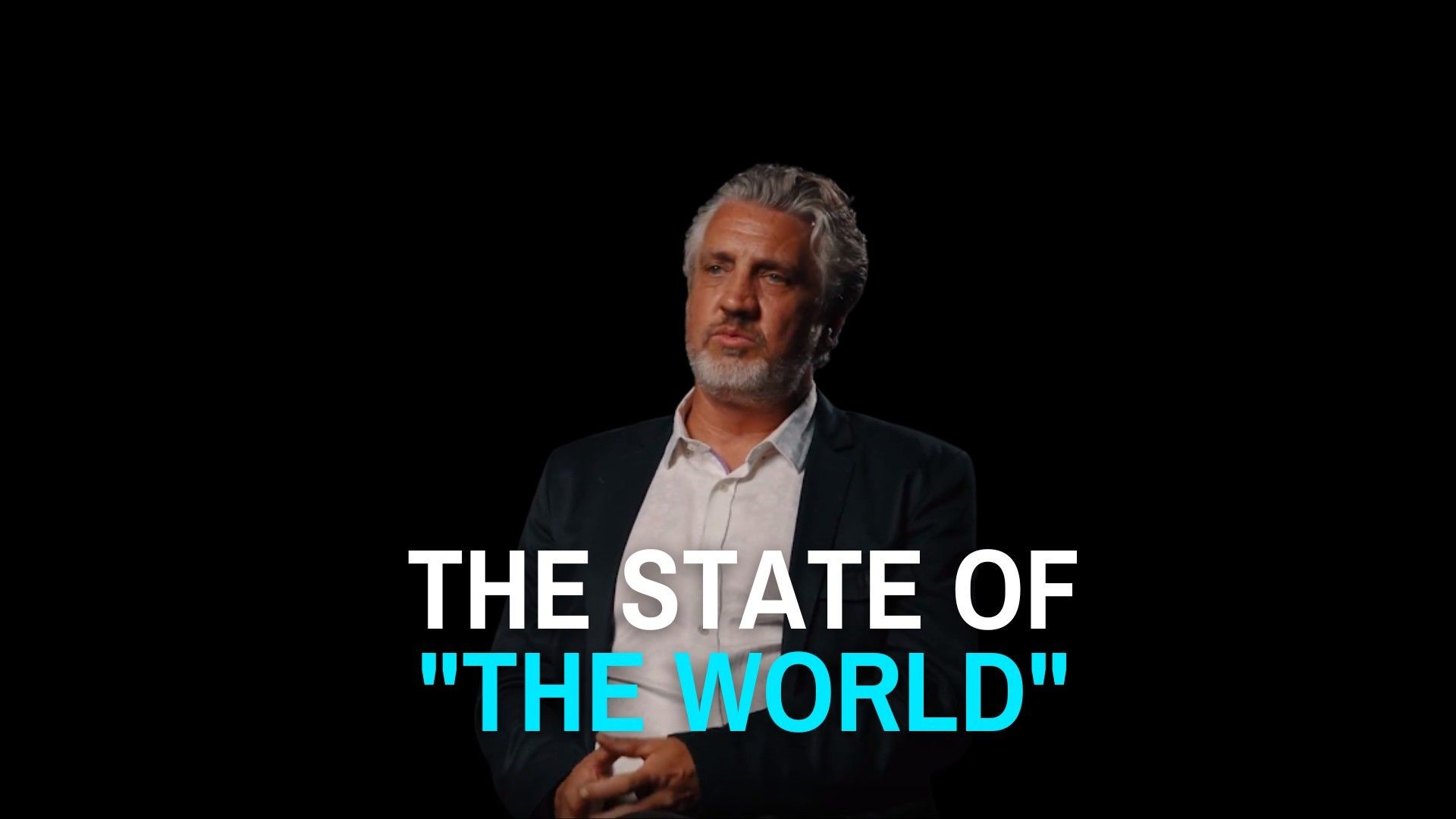






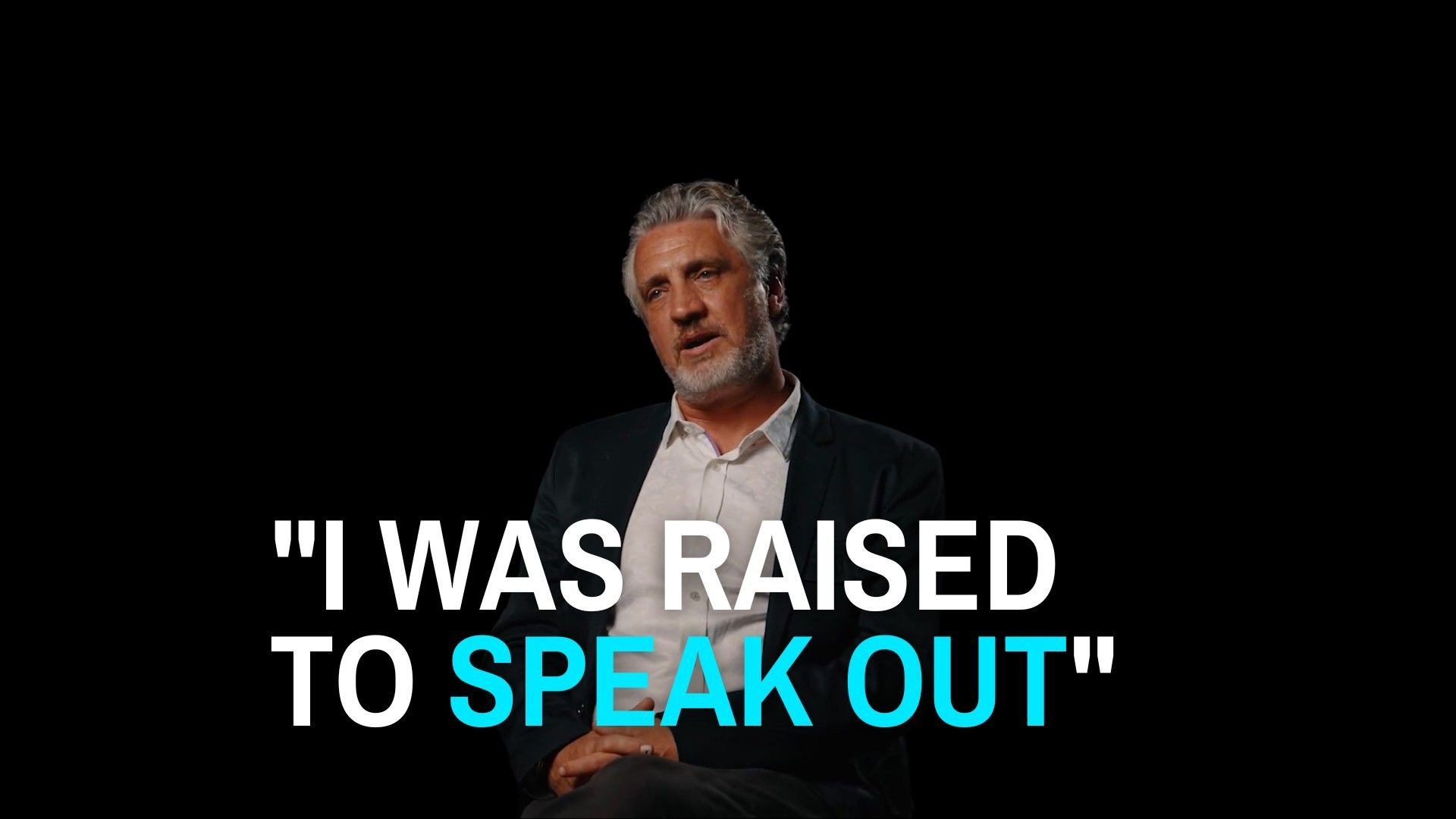
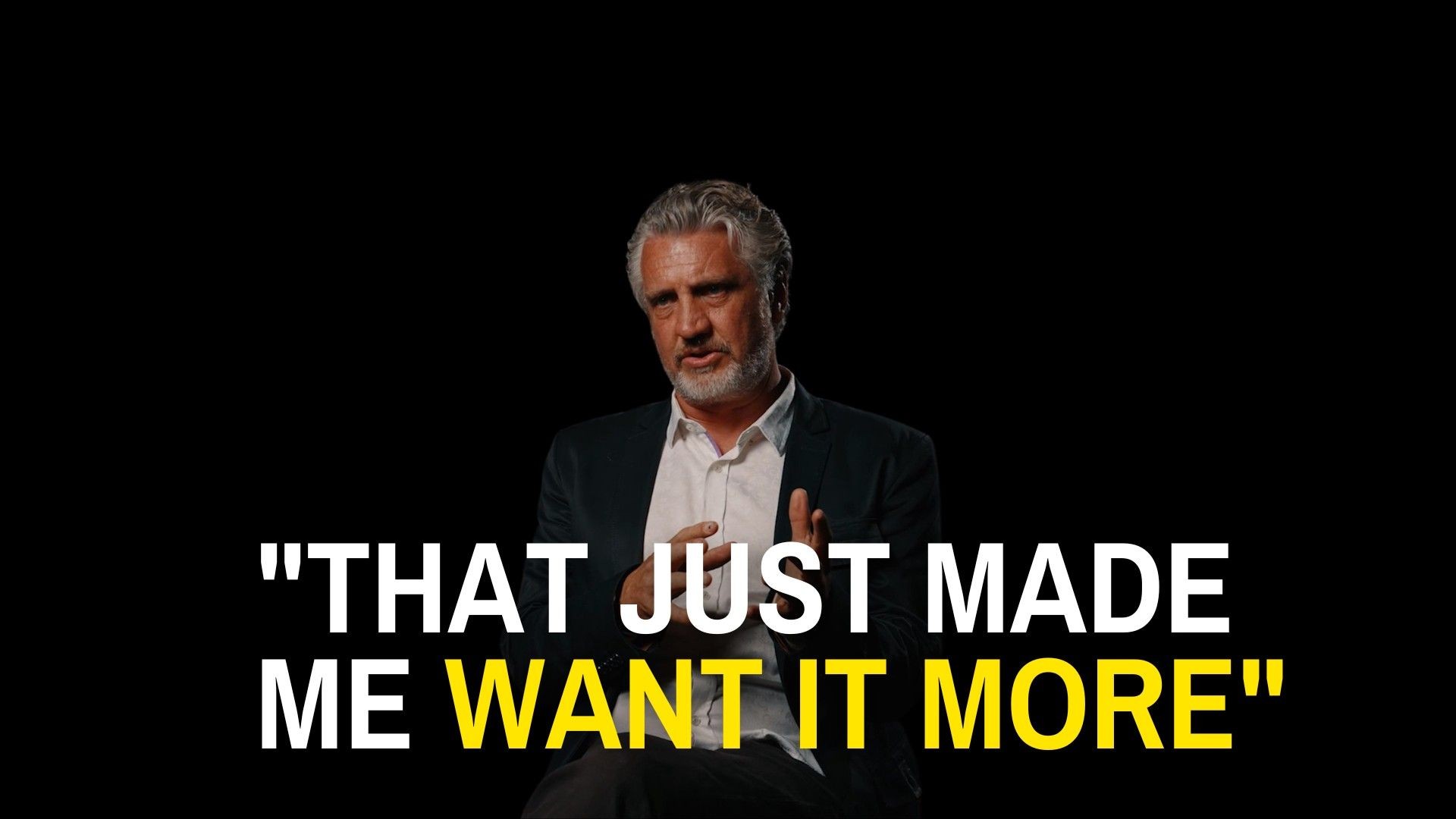
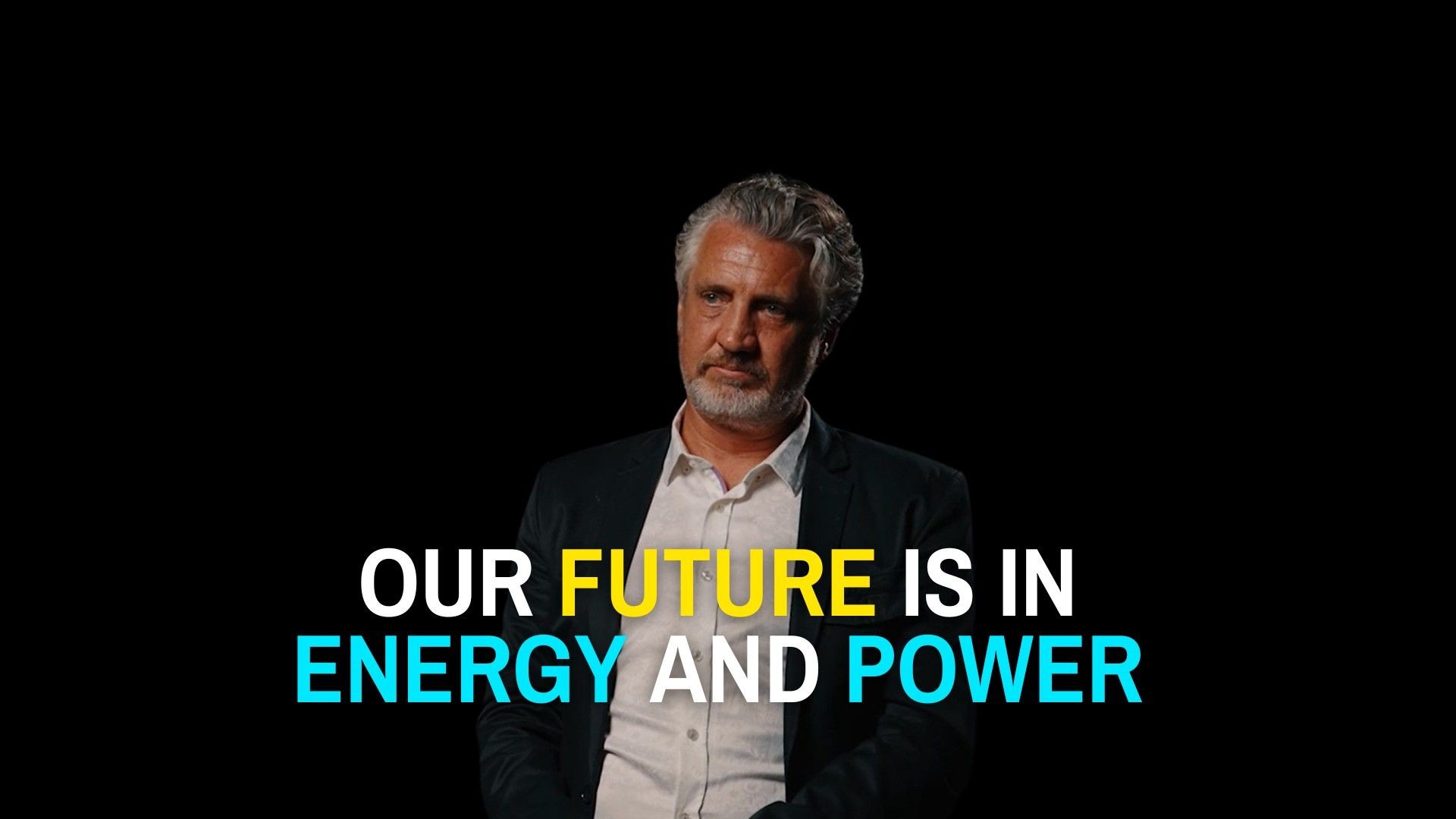


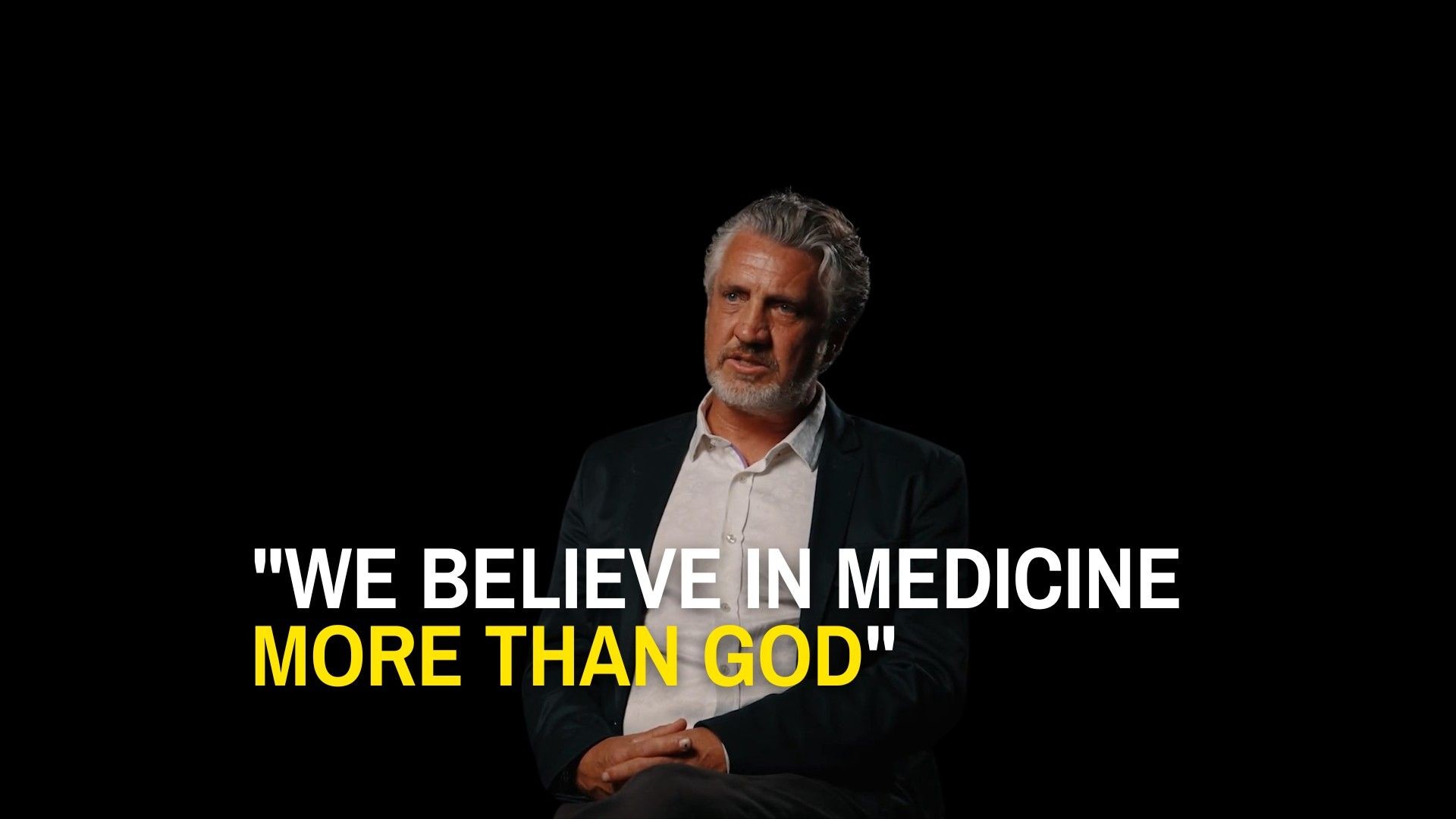
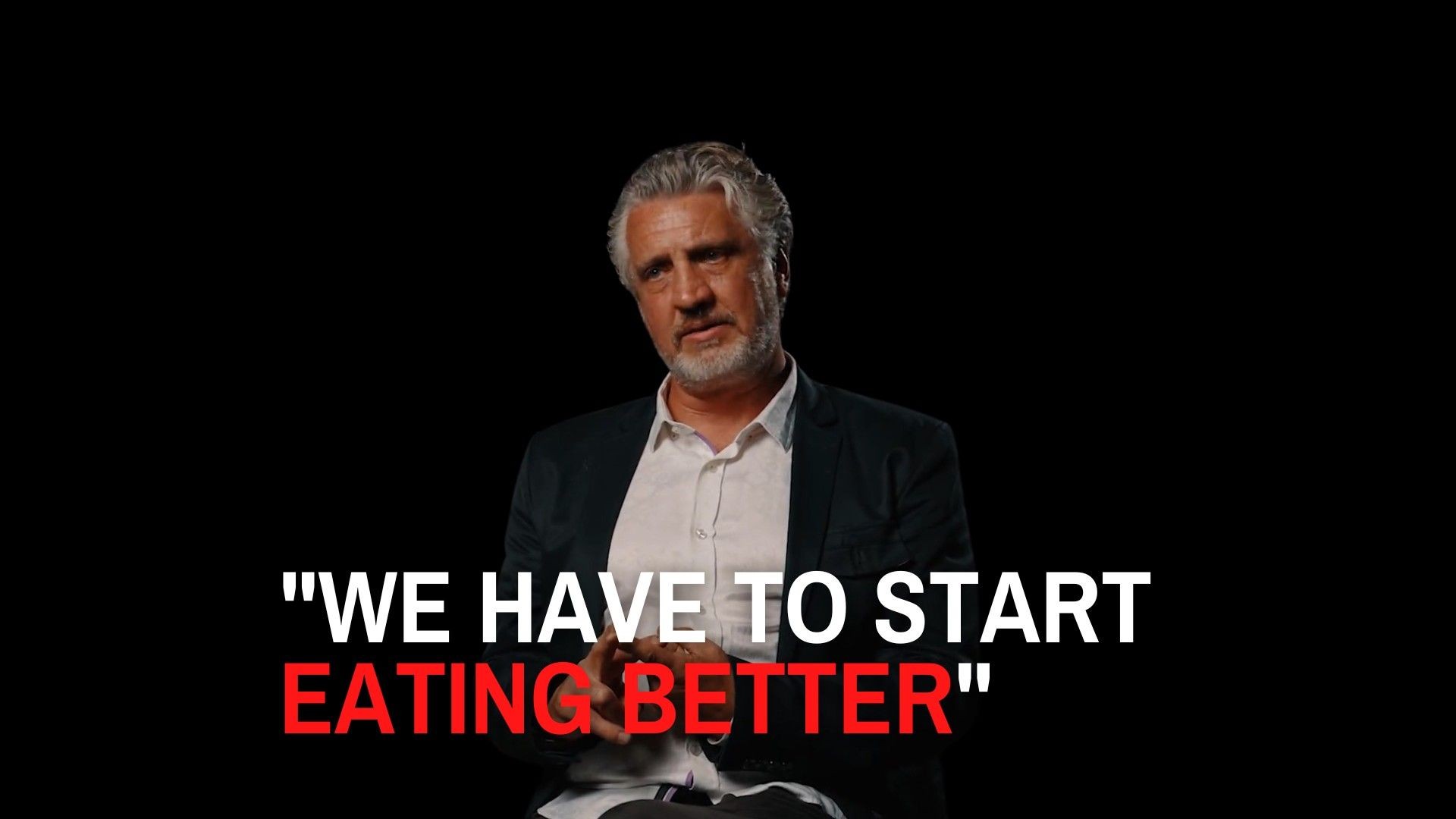

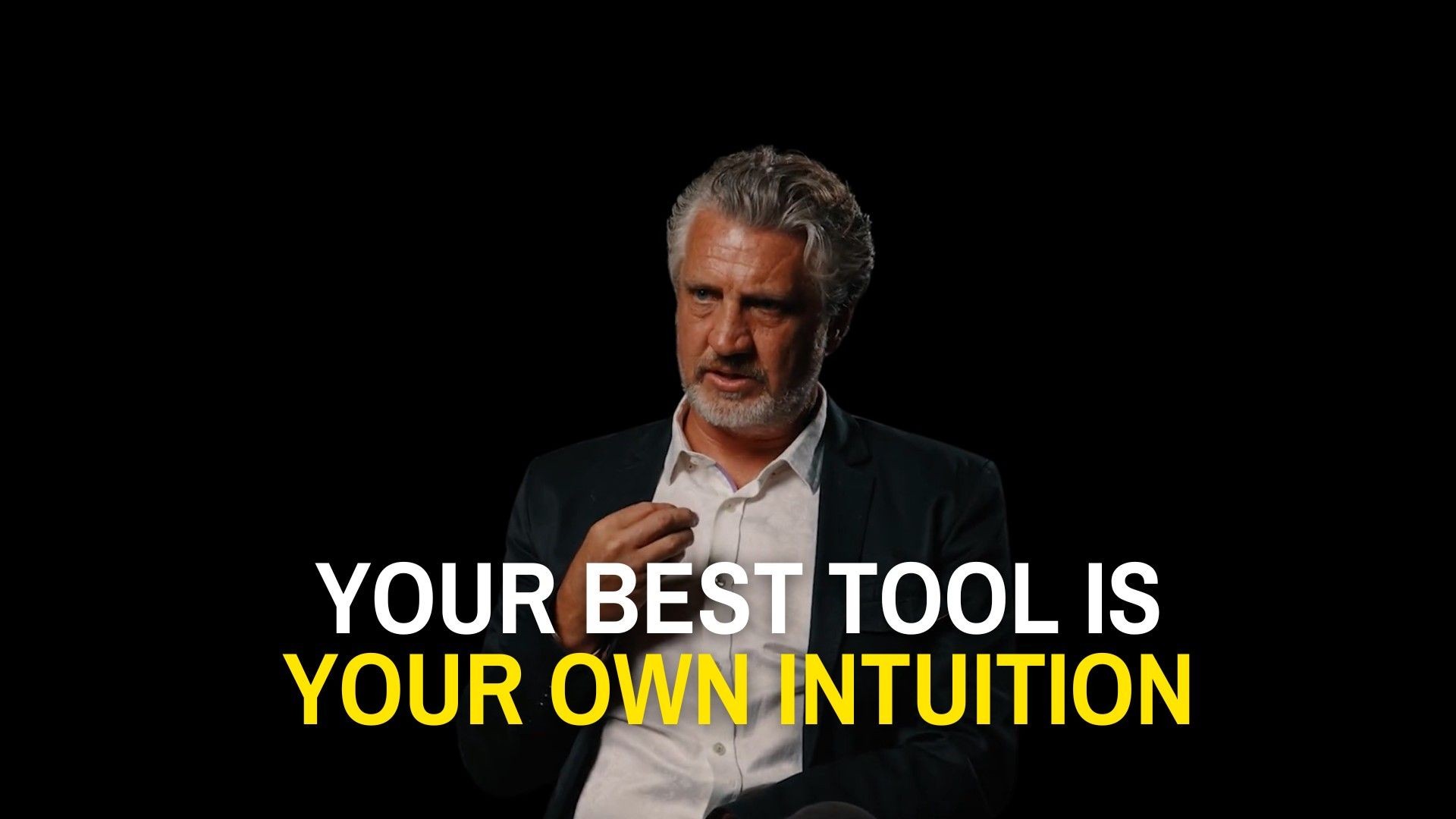
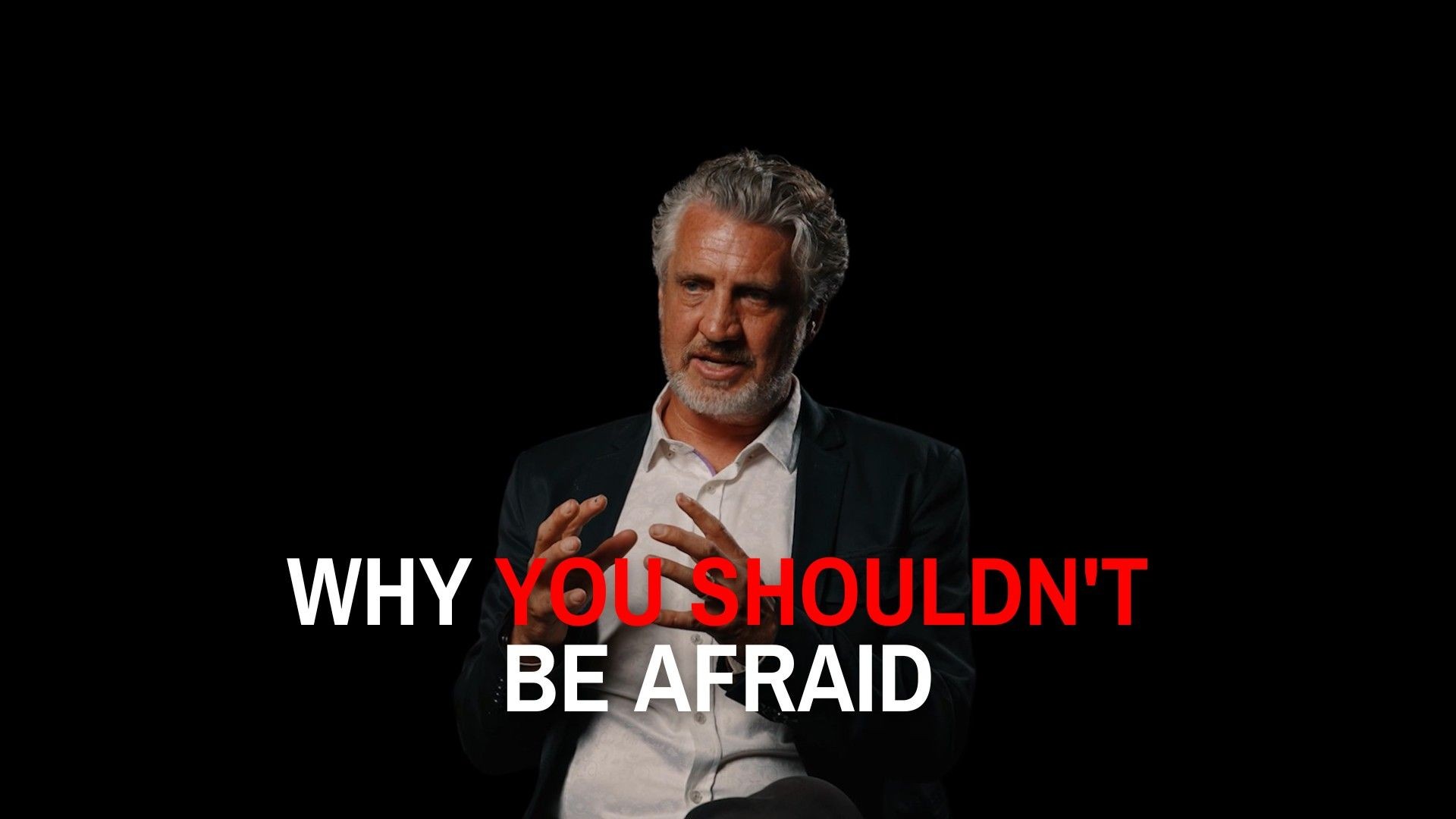


0 Comments